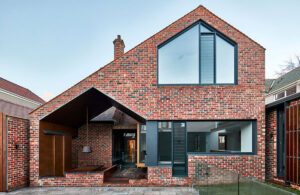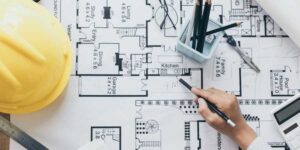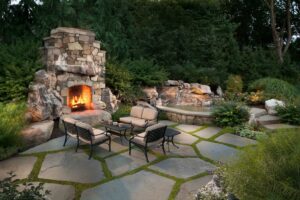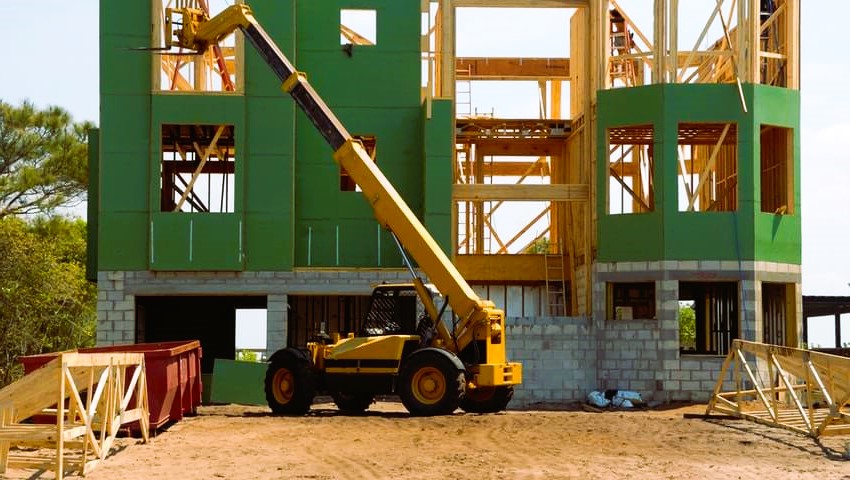
Building a custom home in Canada allows you to create a personalized living space that perfectly suits your needs and preferences. It’s an exciting journey that offers endless possibilities, but it also comes with various considerations and costs. In this article, we will explore the key factors to consider when building a custom home in Canada, along with the associated costs.
- Define Your Vision and Needs: Before embarking on the custom home building process, take the time to define your vision and needs. Consider the size, layout, and style of the home you desire. Think about the number of bedrooms and bathrooms, the functionality of the spaces, and any specific features or amenities you want to incorporate. This clarity will guide your decisions throughout the construction process.
- Choose the Right Location: Location is a crucial aspect of building a custom home. Consider factors such as proximity to amenities, schools, and transportation, as well as the overall neighborhood and community. Research zoning regulations, building codes, and environmental considerations specific to the chosen location to ensure compliance and avoid any surprises later.
- Find a Reputable Architect and Builder: Engaging the services of a reputable architect and builder is essential for a successful custom home project. Look for professionals experienced in designing and constructing custom homes in Canada. Review their portfolios, check references, and ensure they understand your vision and requirements. Collaborating with the right team will help bring your dream home to life.
- Obtain the Necessary Permits: Building a custom home requires obtaining various permits and approvals. This includes building permits, development permits, and potentially other permits based on the location and specific requirements. Research the permit process and work closely with your architect and builder to ensure all necessary permits are obtained before commencing construction.
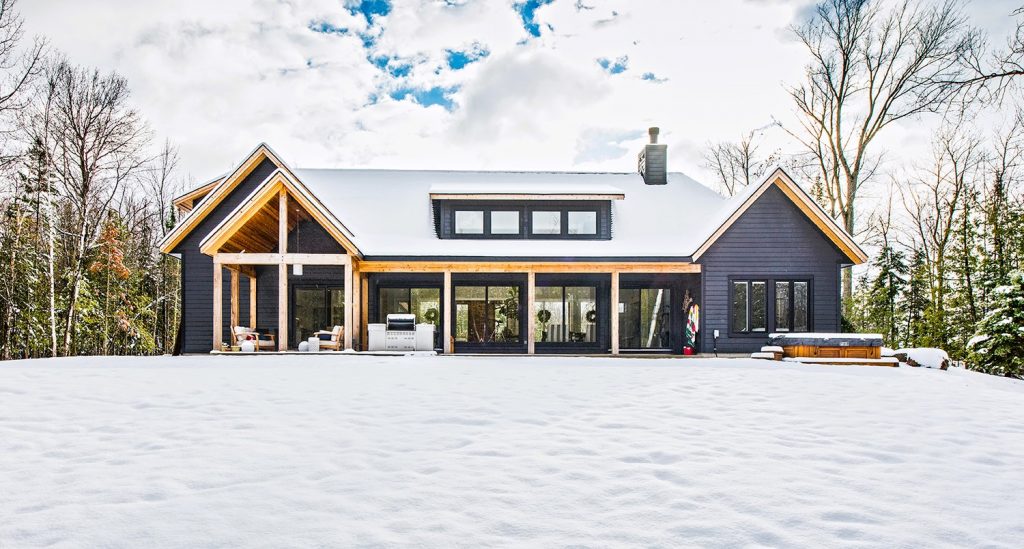
- Set a Realistic Budget: Establishing a realistic budget is vital when building a custom home. Consider the costs associated with land acquisition, architectural design, engineering, construction materials, labor, permits, and any additional features or upgrades you desire. It’s crucial to factor in contingencies and leave room for unexpected expenses that may arise during the construction process. Top Tips for Building a Sustainable Home, more details here.
- Construction Timeline: Understand that building a custom home is a complex process that requires time. Work with your architect and builder to develop a realistic construction timeline. Keep in mind that factors like weather conditions, material availability, and any unforeseen issues can impact the timeline. Effective communication and regular updates with your construction team are key to keeping the project on track.
- Energy Efficiency and Sustainability: Consider incorporating energy-efficient and sustainable features into your custom home design. This can include efficient insulation, high-performance windows, energy-efficient appliances, and renewable energy systems like solar panels. Not only will these features reduce your environmental impact, but they can also result in long-term cost savings on energy bills.
- Interior Design and Finishes: Selecting interior finishes, fixtures, and materials is an exciting part of building a custom home. Choose durable and high-quality materials that align with your style preferences and budget. Work with an interior designer if desired to ensure a cohesive and aesthetically pleasing interior design.
- Landscaping and Outdoor Spaces: Don’t forget to consider landscaping and outdoor spaces when planning your custom home. Think about how you want to utilize your outdoor areas, whether it’s for entertaining, gardening, or relaxation. Incorporate landscaping elements that complement the architectural style of your home and the natural surroundings.
- Ongoing Maintenance and Costs: Remember that the costs associated with a custom home extend beyond the construction phase. Factor in ongoing maintenance and operational costs such as property taxes, utilities, insurance, and regular upkeep. Planning for these expenses will help you manage your custom home effectively in the long run.
Building a custom home in Canada is an exciting and rewarding endeavor. By considering these key factors and costs, you can navigate the process with confidence and create the home of your dreams.



